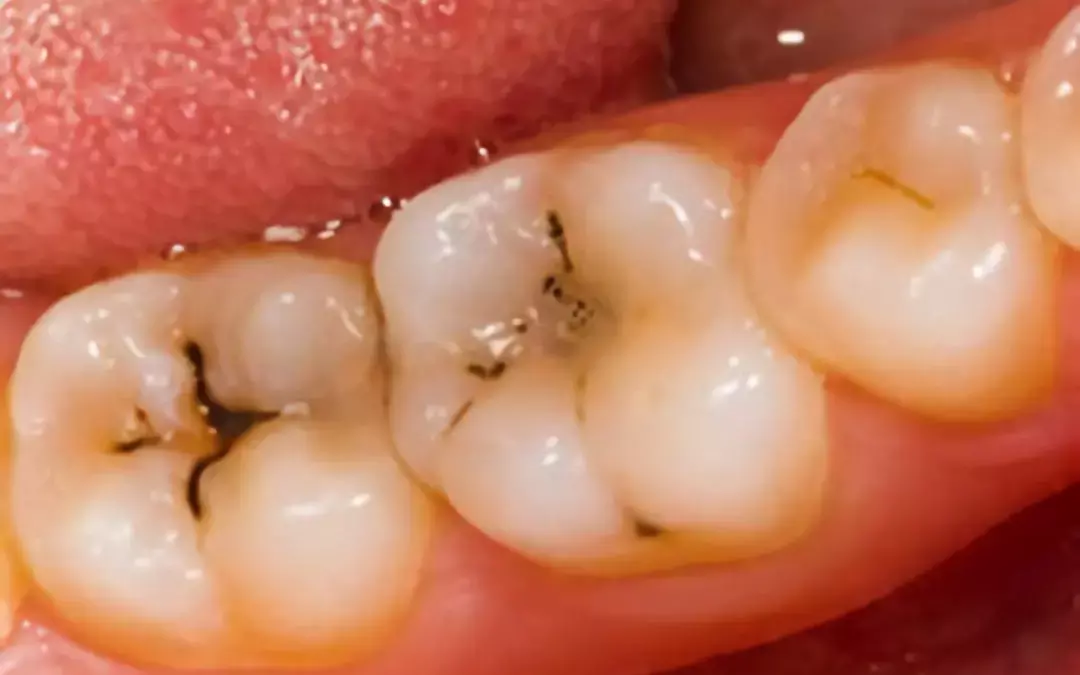- Home
- Medical news & Guidelines
- Anesthesiology
- Cardiology and CTVS
- Critical Care
- Dentistry
- Dermatology
- Diabetes and Endocrinology
- ENT
- Gastroenterology
- Medicine
- Nephrology
- Neurology
- Obstretics-Gynaecology
- Oncology
- Ophthalmology
- Orthopaedics
- Pediatrics-Neonatology
- Psychiatry
- Pulmonology
- Radiology
- Surgery
- Urology
- Laboratory Medicine
- Diet
- Nursing
- Paramedical
- Physiotherapy
- Health news
- Fact Check
- Bone Health Fact Check
- Brain Health Fact Check
- Cancer Related Fact Check
- Child Care Fact Check
- Dental and oral health fact check
- Diabetes and metabolic health fact check
- Diet and Nutrition Fact Check
- Eye and ENT Care Fact Check
- Fitness fact check
- Gut health fact check
- Heart health fact check
- Kidney health fact check
- Medical education fact check
- Men's health fact check
- Respiratory fact check
- Skin and hair care fact check
- Vaccine and Immunization fact check
- Women's health fact check
- AYUSH
- State News
- Andaman and Nicobar Islands
- Andhra Pradesh
- Arunachal Pradesh
- Assam
- Bihar
- Chandigarh
- Chattisgarh
- Dadra and Nagar Haveli
- Daman and Diu
- Delhi
- Goa
- Gujarat
- Haryana
- Himachal Pradesh
- Jammu & Kashmir
- Jharkhand
- Karnataka
- Kerala
- Ladakh
- Lakshadweep
- Madhya Pradesh
- Maharashtra
- Manipur
- Meghalaya
- Mizoram
- Nagaland
- Odisha
- Puducherry
- Punjab
- Rajasthan
- Sikkim
- Tamil Nadu
- Telangana
- Tripura
- Uttar Pradesh
- Uttrakhand
- West Bengal
- Medical Education
- Industry
Intraoral scanning found useful for detecting and monitoring occlusal caries in new study

Accurate detection and monitoring of occlusal caries are crucial for effective dental care, particularly in young patients. Traditional methods rely on visual and radiographic assessment, but advancements in technology have introduced automated systems for caries detection. In a recent study, the agreement between conventional methods and an intraoral scanner supporting automated caries scoring was evaluated over a 30-month period.
This study was published in the Journal Of Dentistry by Stavroula and colleagues. Ninety-one participants aged 12–19 years were included in the study. Occlusal surfaces were examined visually, radiographically (as needed), and scanned using the TRIOS 4 intraoral scanner. Automated caries detection was performed using TRIOS Patient Monitoring software.
The key findings of the study were:
• Fifty-five participants were re-examined after 30 months.
• Significant differences in caries detection were observed between conventional methods and the automated system (p < 0.01), with moderate positive percent agreement (49–61%) and high negative percent agreement (87–98%).
• All methods showed significant caries progression over the follow-up period (p < 0.01).
• The automated system detected significantly more caries progression compared to other methods (p < 0.01).
The automated caries detection system demonstrated moderate positive agreement and strong negative agreement with conventional methods at baseline and follow-up assessments. While it can assist in detecting and monitoring occlusal caries, it tends to underestimate caries presence and severity. Dentists should use the automated system as a complementary tool to conventional methods, being mindful of its tendency for underestimation.
The TRIOS system supporting automated occlusal caries detection provides valuable assistance in dental practice. Dentists should interpret results cautiously, considering the system's tendency to underestimate caries severity. It offers a promising approach for enhancing caries detection and monitoring in young patients.
Reference:
Michou, S., Tsakanikou, A., Bakhshandeh, A., Ekstrand, K. R., Rahiotis, C., & Benetti, A. R. Occlusal caries detection and monitoring using a 3D intraoral scanner system. An in vivo assessment. Journal of Dentistry,2024;143(104900):104900. https://doi.org/10.1016/j.jdent.2024.104900
Dr Riya Dave has completed dentistry from Gujarat University in 2022. She is a dentist and accomplished medical and scientific writer known for her commitment to bridging the gap between clinical expertise and accessible healthcare information. She has been actively involved in writing blogs related to health and wellness.
Dr Kamal Kant Kohli-MBBS, DTCD- a chest specialist with more than 30 years of practice and a flair for writing clinical articles, Dr Kamal Kant Kohli joined Medical Dialogues as a Chief Editor of Medical News. Besides writing articles, as an editor, he proofreads and verifies all the medical content published on Medical Dialogues including those coming from journals, studies,medical conferences,guidelines etc. Email: drkohli@medicaldialogues.in. Contact no. 011-43720751


